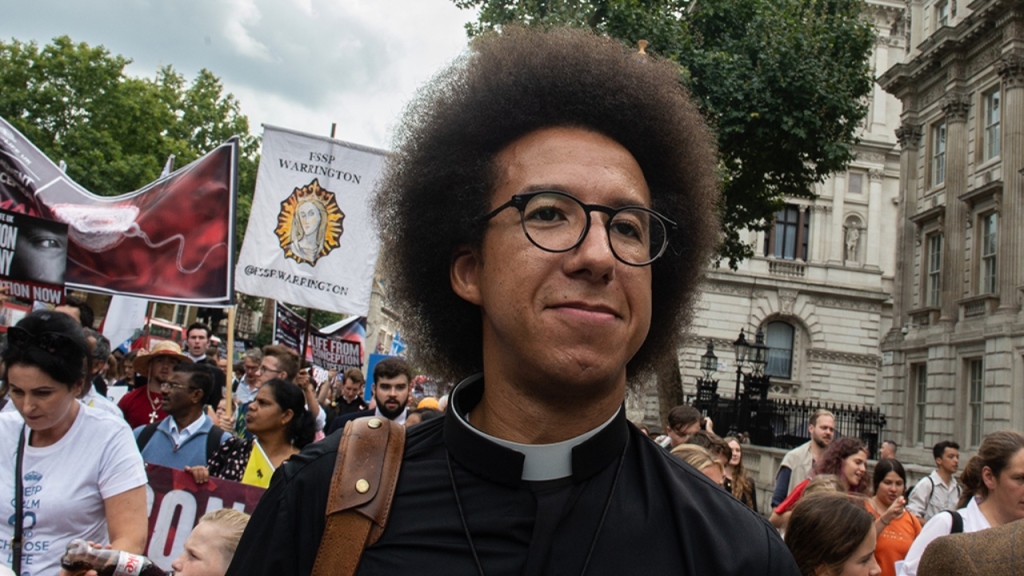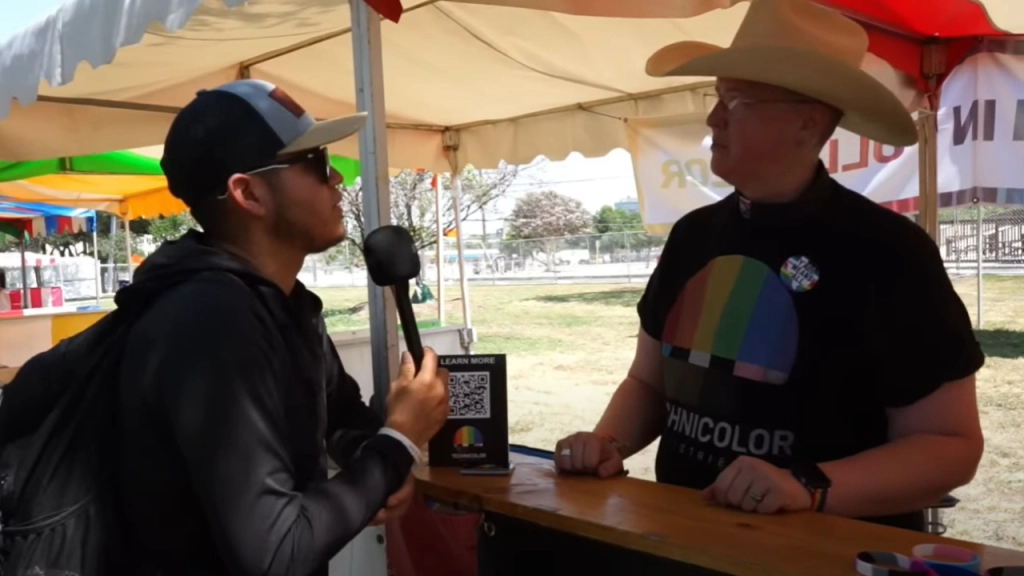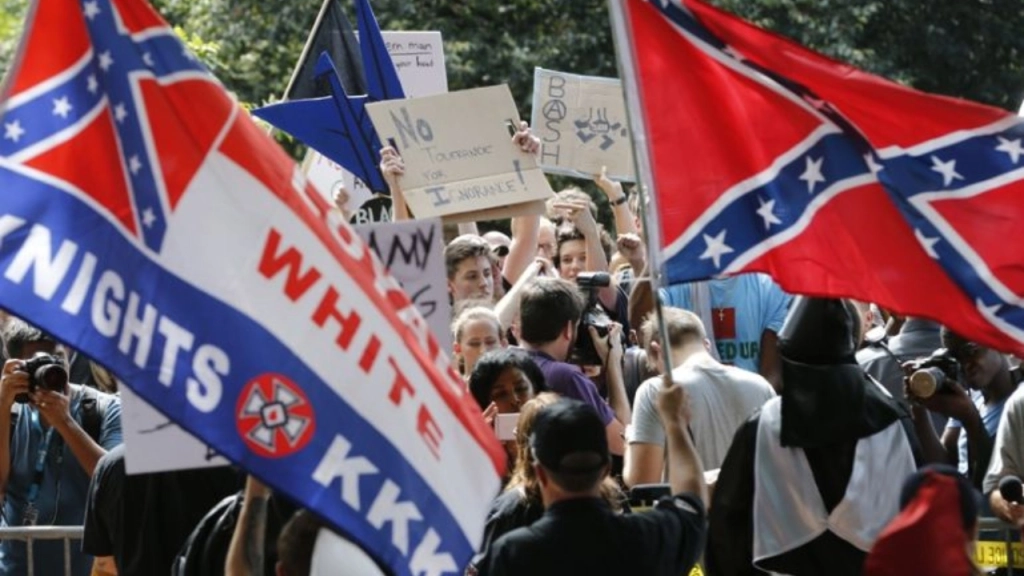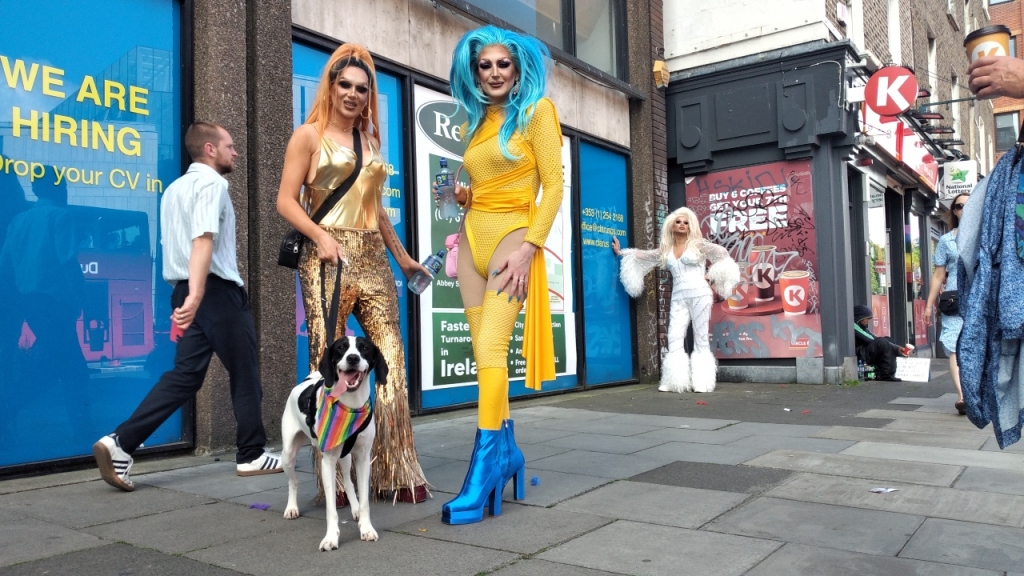UNPRECEDENTED TIMES
Social media is a mental virus which is contributing to the rapid breakdown of society. It is driving up rates of depression, suicide, and violence.
An aggressive American Pit Bull snatches a tiny puppy from its owner’s lap in a busy restaurant and savagely rips it apart in front of a crowd of shocked and terrified patrons. Out walking their dog, a couple are subjected to a barrage of racist abuse from a young man enraged that a white woman would prefer a black man over someone from her ‘own race.’ Stew Peters, a far-right social media influencer, shares a video of a young mother in Australia being attacked while out with her babies in a stroller by what looked like a black teen (but was actually a white kid in shadow), writing: ‘Pregnant white women are no longer safe strolling their babies around the neighborhood.’ A conservative Scottish newspaper publishes an op-ed by a straight man whining about how Pride month ‘theatrics’ are upsetting people like him. Just a snapshot of my own social media timeline.
Out in the real world we rarely experience moral outrage. Perhaps we witness a violent incident on the street, hear someone use a homophobic or racist slur, or see an animal being mistreated. In the real world these things happen, but, thankfully — for most of us, they are rare; they are the exception rather than the rule. Our neurobiology has evolved over millions of years to help us cope with danger, with unpredictable events, and with moral outrage, and these mechanisms for dealing with stress — this is stress we are talking about — are not equipped to deal with constant stress.
Our neurological and physiological responses to stress are powerful. They are designed to kick in when we most need them and get us out of danger. We may live in modern cities and drive space-age vehicles, but our basic psychological programming still thinks we sometimes have to run away from woolly mammoths and sabre-toothed tigers. These responses, which flood our brains and bodies with a cocktail of chemicals, have evolved to be catch-and-release; our systems react quickly and the effects wear off when we have made it back to the safety of the Ewok village.
Social media is doing something to us we are simply not designed to cope with. The endless scrolling — ‘doom scrolling’ — of emotional, stressful, and morally outrageous content is overloading our systems with these extremely toxic fight-or-flight chemicals. Given our addiction to this kind of media, these chemicals are being kept in our bodies and the effects are not good. At the individual level we are becoming desensitised to violence, less empathetic to the suffering of others, angrier, more irritable, and increasingly more prone to lashing out. On the social level we are becoming more isolated and less trusting of others. Our politics are polarising and getting volatile.
We are experiencing what social psychologists call ‘outrage fatigue,’ and this is having a devastating effect on us — and on younger people in particular. Suicide is now the second-leading cause of death in the United States for young people between the ages of 18 and 34. In 2020, one quarter of adults between 18 and 24 seriously considered ending their lives over the previous twelve months. Almost twenty percent of highschool students seriously considered suicide — rising to nearly half in the case of gay, lesbian, and bisexual students. One in ten highschool students reported having attempted suicide.
As of 2019, firearms have replaced road traffic accidents as the leading cause of death for young people in the United States — either by accident, by suicide, or by homicide. Admittedly, we can point here to the United States’ seriously disordered relationship with the gun and its firearms laws, but this is an indication — even for us in Europe — that children and young adults are getting more anxious, more depressed, and more violent. The graph showing the number of mass shootings per year in the US has, from about 2010, become a ‘hockey stick;’ showing a steep rise in the number of events and casualties year on year.
Social media, for sure, is not the only cause of teen suicides and school shootings, but it is undeniable that it plays a significant role in the overall situation. And there is a reason for this. It is certainly not the case that social media is intrinsically bad. No. But social media companies have developed strategies to make money from their platforms which expose all of their users to the doom scroll described above. Emotionally outrageous, stressful, and violent content — owing to a quirk of the human psyche — gets more attention. We actually prefer to see puppies being mauled by bigger dogs. Not that this gives us pleasure (well, not for normal people); what it gives us is pleasure at the outrage it makes us feel. We are addicted to outrage. This content gets more attention, more likes and shares — and more outrage.
The more attention this material receives, the more advertising revenue the companies make. There is no money to be made online from educational content. Aware of this, the platforms design algorithms that put ever more stressful content on our timelines for us to like and retweet. Years of this mill of depressing and anxiety-inducing content has turned us into outrage junkies. The infamous ‘Karen’ — who we can all be — is a product of this culture of stress and fear. Our timelines, filled with race baiting, with violence, with rage, and with ‘instant karma,’ have made us so much more fearful of the world. All of this is having a catastrophic impact on us.
All the aggravation, the anger, anxiety, outrage, and violence is actually killing us. The long-term health effects of stress are well documented. Chronic stress can contribute to the development or exacerbation of mental health conditions such as anxiety disorders, depression, and post-traumatic stress disorder (PTSD). Stress can increase the risk of developing heart disease, high blood pressure (hypertension), and contribute to the progression of atherosclerosis (hardening of the arteries). Long-term stress can also lead to an increased risk of heart attacks and strokes. Stress can disrupt sleep patterns and contribute to insomnia or insufficient sleep. Lack of quality sleep can further contribute to fatigue, reduced cognitive function, and negatively impact overall health and wellbeing. The list goes on.
In short, our constant exposure to stress online — particularly on social media which thrives on stress — is having long-term and detrimental effects on our mental and physical health. But this really need not be the case. Most of the content that upsets us is of events thousands of miles away. Not that this makes them less important to the people involved, but it does not need to involve us. I didn’t need to see a tiny puppy being torn to bits in Florida. God love those who did witness it, but I didn’t have to see it. Similarly, I don’t need the stink of horrible racists like Stew Peters on my timeline. He and I don’t even live on the same continent.
Out here in the real world we each have our own little garden; an allotment for our own lives. There is more than enough to worry about where we are — and we are better designed to cope with the ordinary stressors in our own communities. Social media is a great idea, but so much has to be done to make it a better place. As it is, Twitter and Facebook — and the others — are killing people. They are making our lives miserable. Unless we want to continue on this trajectory we are on, to the point where we are all depressed and homicidal, we have to put more pressure on these platforms to clean up their act.
Citation: McCann, Jason Michael. “Social Media and Outrage Fatigue.” Unprecedented Times (blog), 15 June 2023. https://https://unprecedentedtimes.org/2023/06/15/social-media-and-outrage-fatigue/.
Jason Michael McCann M.Phil.
Biblical Studies and Hebrew
Race, Ethnicity, and Conflict






